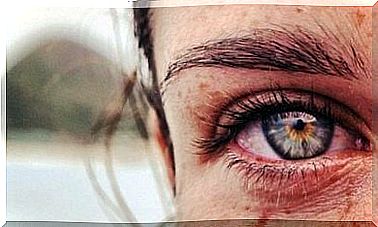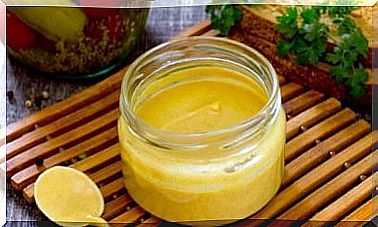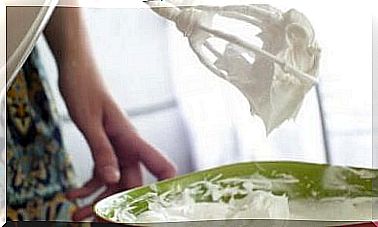Gastroesophageal Reflux Disease (GERD): Symptoms And Treatment
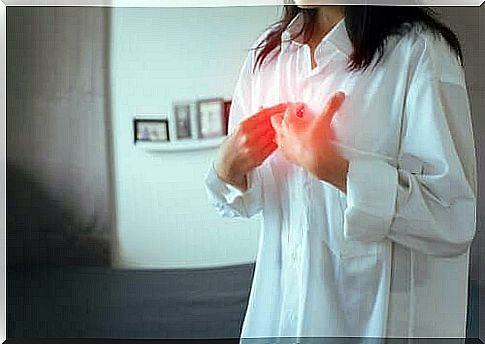
Gastroesophageal reflux disease (GERD) is characterized by spontaneous transfer of stomach contents into the esophagus without any cause provoking it. On the other hand, physiological gastroesophageal reflux is mainly due to the transient and spontaneous relaxation of the lower esophageal sphincter due to gastric tension.
This condition affects the quality of life of people who suffer from it. However, the symptoms must be intense enough to be considered a pathology. Therefore, gastroesophageal reflux is a generally chronic condition with a good prognosis. In addition, the symptoms vary in intensity and are characterized by periodic remission periods.
The causes of gastroesophageal reflux disease
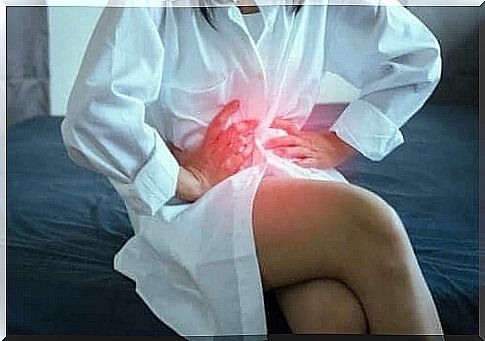
Gastroesophageal reflux disease occurs due to a sphincter defect that regulates the passage of acidic juices.
The manifestation of GERD depends on many factors. The most important, however, is dysfunction of the lower esophageal sphincter. Furthermore, factors that promote gastroesophageal reflux include:
- Oesophageal motility
- Upper esophageal sphincter
- Esophageal clarification mechanisms and stomach contents
In many cases, gastroesophageal reflux is usually associated with hiatal hernia. This is because hiatal hernia promotes reflux.
Symptoms
Gastroesophageal reflux disease has many symptoms. The condition can range from mere manifestation of symptoms to coexistence of esophagus. Complications such as stenosis, esophageal ulcer or Barrett’s esophagus can also occur, but this is less common.
The variation of symptoms depends on factors such as the duration of episodes of gastroesophageal reflux disease and the volume and aggressiveness of the material being encountered. In addition, medical professionals must take into account how long this material has been in contact with esophageal mucus.
Overall, the most common symptoms are:
- Heartburn. This is the most characteristic symptom. There is a burning sensation rising from the epigastrium.
- Acid regurgitation. This is the second most common symptom. It involves spontaneous regurgitation of stomach contents into the mouth. This happens especially in certain positions or by increased abdominal pressure.
- Central chest pain. This can be acute or sudden, caused by spasms in the esophagus. You may suspect that the source of pain is GERD when it is related to food intake and not with exertion.
- Dysphagia or suffocation.
- Odynophagy. Painful swallowing. However, this is not a common symptom of gastroesophageal reflux disease. Nevertheless, if it manifests, it may indicate the presence of esophagitis.
Typical symptoms of GERD have high diagnostic reliability. The manifestation of these symptoms leads to an almost definite diagnosis and indicates a treatment without the need for further diagnostic tests such as endoscopy. However, if the patient shows worrying symptoms or does not respond to conventional treatment, a gastroscopy should be performed.
Treatment of gastroesophageal reflux disease
The treatment of gastroesophageal reflux disease is aimed at relieving symptoms and curing esophagitis. In addition, medical professionals treat and prevent possible complications.
Other treatment options include lifestyle changes, hygiene and dietary measures, medications and in some extreme cases, surgery.
Hygiene and dietary measures
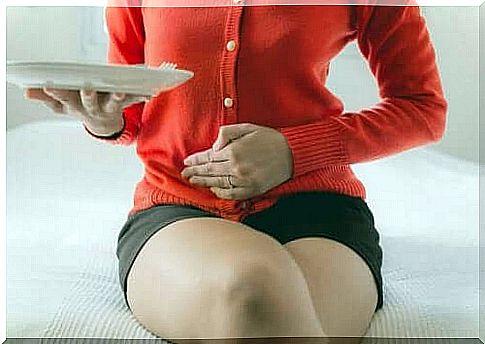
A healthy diet is essential to control gastroesophageal reflux disease. In general, it is recommended to eat lightly and avoid potential irritants.
Lifestyle, hygiene and dietary measures should be adapted for each patient according to the risk factors that exist in each case. However, the clinical response to the changes should be considered.
It is recommended to quit smoking, to reduce alcohol consumption, as well as to lose weight in the case of overweight or obese patients.
Another measure that has been implemented is raising the bed at the headboard. Doctors also recommend that you:
- Avoid heavy meals, as it is better to eat more frequent and lighter meals.
- Detects and avoids foods that trigger symptoms.
- Controls stress.
- Get regular physical exercise.
- Spends enough time chewing food.
Medicines
Medical treatment is based on inhibition or neutralization of gastric acid secretion.
Proton pump inhibitors are among the groups of frequently used drugs for the treatment of GERD. These medications cause total inhibition of gastric secretion. They also relieve symptoms, heal the esophagus and control relapses.
Meanwhile, antacids effectively and quickly relieve heartburn. On the other hand, prokinetics are useful when regurgitation dominates. In addition, H2 blockers produce a partial inhibition of gastric acid secretion. Medical professionals indicate these medications for the treatment of GERD when the patient does not suffer from esophagitis.
Does this condition affect your quality of life?
As you may have noticed, various factors can cause it or make it worse. However, there are many treatment options. Talk to your doctor to find out what is best for you.
